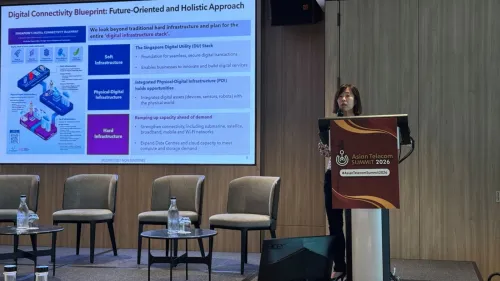
Governments adopt green budgeting as climate goals shape fiscal policy
Emerging markets, by contrast, are laying the groundwork for similar progress through climate budget tagging, among others.
Governments across both advanced and emerging economies are increasingly adopting green budgeting practices to align national fiscal policy with climate commitments under the Paris Agreement and the Sustainable Development Goals, according to the Institute for Energy Economics and Financial Analysis (IEEFA).
The report noted that advanced economies, particularly EU and OECD members, have begun integrating climate performance criteria directly into budget planning and fiscal frameworks.
Countries like France and Ireland have significantly ramped up climate-positive spending between 2021 and 2025, supported by established institutional capacity and access to high-quality climate data.
Emerging markets, by contrast, are laying the groundwork for similar progress through climate budget tagging, capacity building, and digital public finance management tools.
Countries such as Mexico, which increased its climate-related expenditure nearly sixfold between 2021 and 2025, are cited as examples of rapid progress.
The Philippines and Norway are also recognised for leveraging green budgeting to improve transparency, accountability, and sectoral focus.
IEEFA highlighted how green budgeting can be integrated with broader frameworks –including SDG tracking, green bonds, Just Transition initiatives, and gender-responsive budgeting– to ensure that fiscal decisions reflect both climate and socio-economic goals.












